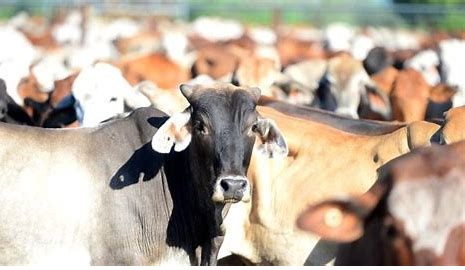
By Catherine Chumo, Senior Information Officer
Africa Network for Animal Welfare (ANAW)
Animal Welfare Nests at the United Nations
Years of stakeholder collaboration with animal welfare organizations culminated in a monumental achievement this last week at the United Nations in Nairobi, Kenya. For the first time in history, a resolution that exclusively refers to animal welfare was adopted on March 2, 2022.
The Resumed Fifth Session of the United Nations Environment Assembly (UNEA 5.2) adopted the Animal Welfare, Environment and Sustainable Development Nexus Resolution which was sponsored by seven (7) Member States, namely Ghana, Burkina Faso, Senegal, South Sudan, Ethiopia, the Democratic Republic of Congo, and the Islamic Republic of Pakistan.
The draft resolution was discussed, negotiated, and was agreed upon at a referendum and was passed by Open Ended Committee of Permanent Representatives (OECPR) ahead of UNEA 5.2.
Continue Reading
Par: Naoufel Haddad

Que faire pour que les pays africains tirent pleinement avantage des textes mondiaux sur la pêche, qu’ils signent avec enthousiasme sans pour autant les appliquer convenablement ? Des pistes de solutions ont été défrichées du 28 au 30 mars 2022 à Dar es Salaam en Tanzanie, au cours d’une réunion consultative initiée par l’Union africaine à travers son Bureau interafricain des ressources animales (UA-BIRA).
Lire la suite de la source
View Full Post and Comments
By Mbaraka Kambona, Dar es Salaam
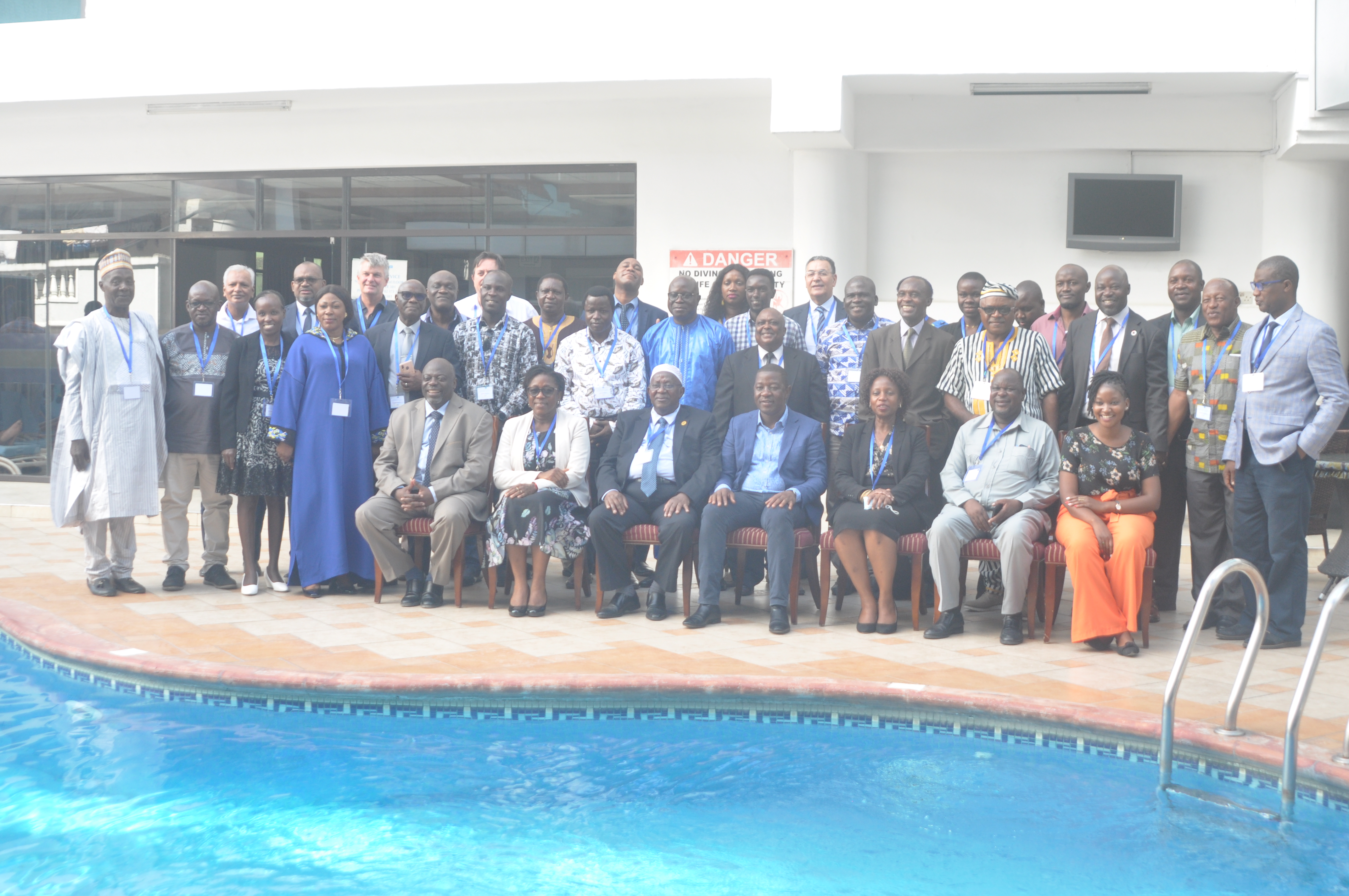
The Deputy Minister for Livestock and Fisheries, Tanzania, Hon. Abdallah Ulega has asked the AU Member states to continue enhancing sustainable fishing because the sector plays an important social-economic role in building national economies through income generation, employment and food security thus supporting multitude of livelihoods.
Hon. Ulega made the remarks on 28 March, 2022, when officiating the Consultative Meeting "To Support AU Members States Involvement, Compliance With Global Instruments And Promote Their Use By AU Member States" held in Dar es Salaam, Tanzania.
Continue Reading
Par Virginie NGO NDJIKI

Le Réseau Africain des Femmes Transformatrices et Commerçantes de poisson (AWFISHNET) déjà installé. C’est à l’issue d’un atelier organisé du lundi 28 février au mardi 1er mars 2022, à Bangui en République Centrafricaine. Une forte délégation composée du Représentant Bureau Interafricain des Ressources Animales de l’Union Africaine (UA-BIRA), M. Philippe OUEDRAOGO, Mme Patricia MAISHA, Représentante d’AWFISHNET RDC et les autres facilitateurs, ont dirigé les travaux durant 02 jours, dont l’objectif principal était d’organiser des ateliers nationaux en vue de former un chapitre national en RCA d’AWFISHNET, composé de femmes actives dans la pisciculture, la transformation du poisson, et le commerce.
Lire la suite
View Full Post and Comments
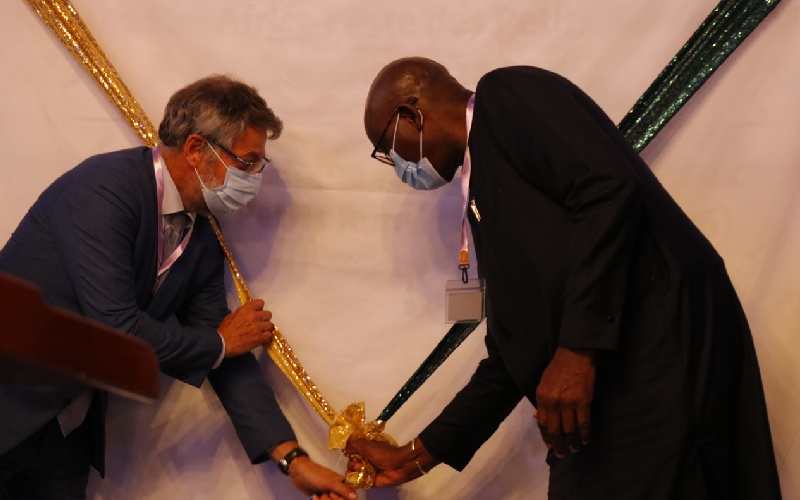
FAO Eastern Africa Regional Director Dr Bouna Diop with Bernard Rey, Head of Cooperation, EU Delegation to South Africa during the launch of the programme.
Continue Reading
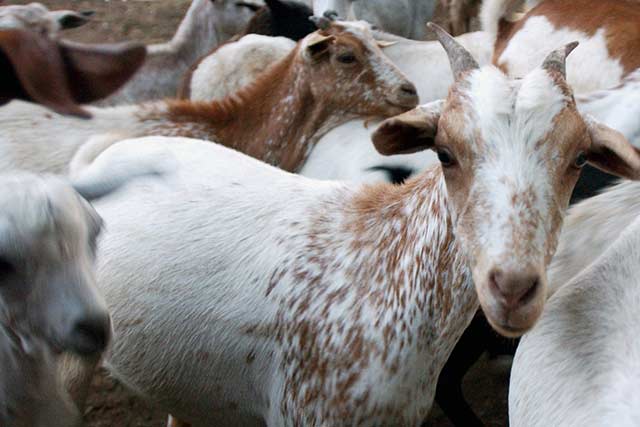
The African Union InterAfrica Bureau for Animal Resources (AU-IBAR) has launched a fresh push to eradicate pestes des petits ruminants in the continent.
Continue Reading
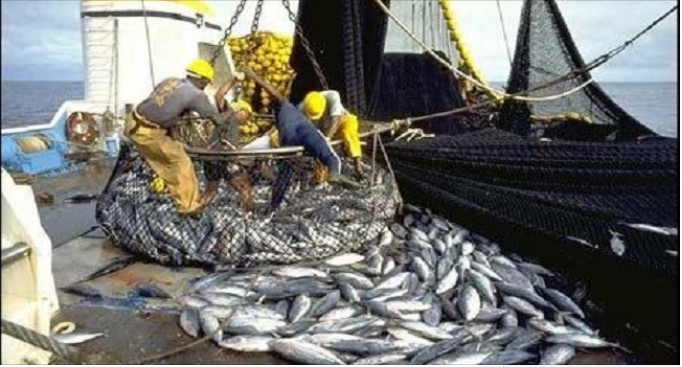
Selon les experts participants à la réunion du Think Tank du Mécanisme africain de reforme de la pêche ouverte à Abidjan le 9 mars 2022, Malgré les rôles et avantages importants, le secteur de la pêche est confronté à des défis sociaux, économiques et environnementaux, notamment le changement climatique et la pollution.
Continue Reading

Selon les experts participants à la réunion du Think Tank du Mécanisme africain de reforme de la pêche ouverte à Abidjan le 9 mars 2022, Malgré les rôles et avantages importants, le secteur de la pêche est confronté à des défis sociaux, économiques et environnementaux, notamment le changement climatique et la pollution.
Continue Reading
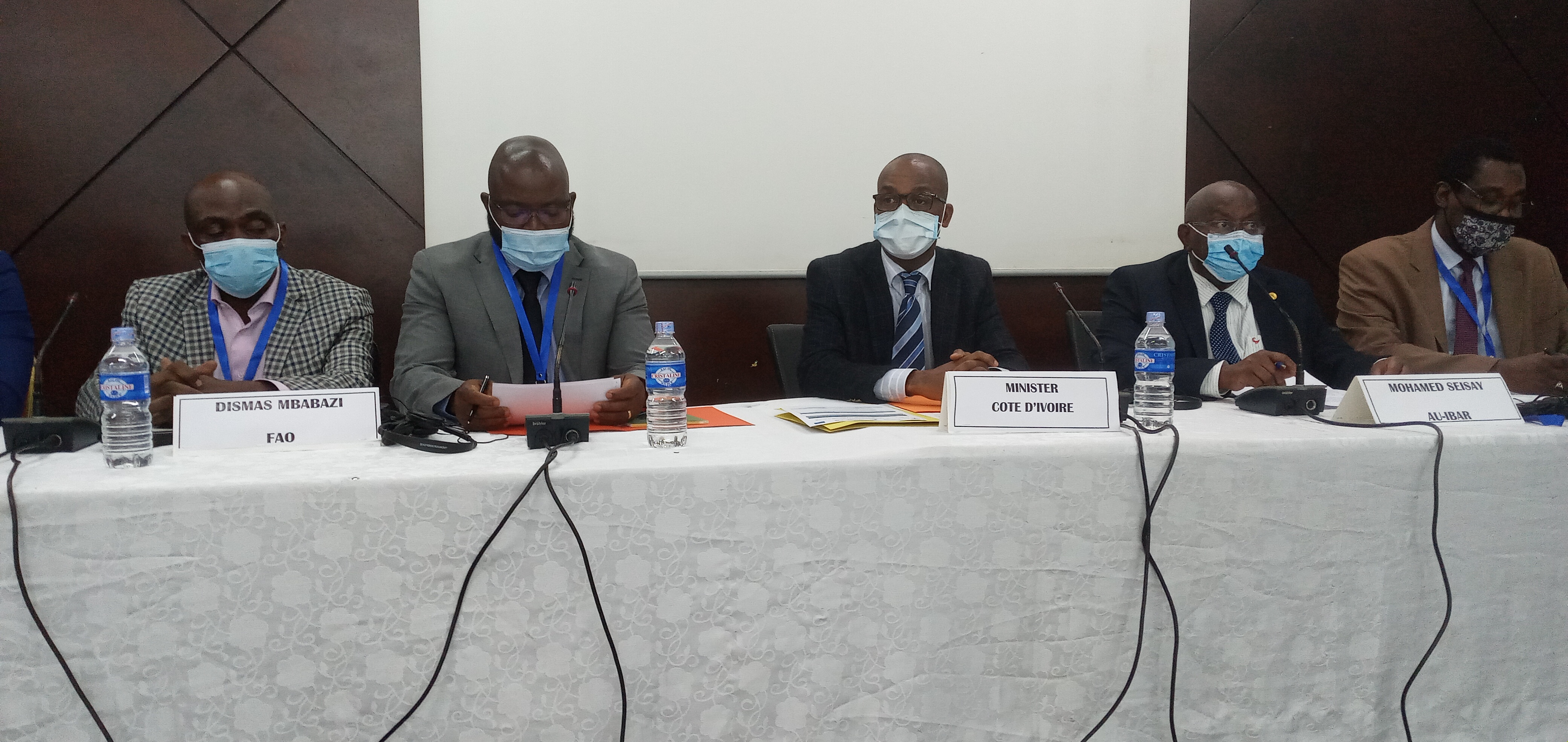 Experts et parties prenantes du secteur de la pêche et de l’aquaculture en Afrique, participent depuis lundi 09 mars 2022 à Abidjan, à diverses réunions destinées dans le cadre du mécanisme africain de réforme de la pêche (AFRM) de l’Union africaine (UA).
Experts et parties prenantes du secteur de la pêche et de l’aquaculture en Afrique, participent depuis lundi 09 mars 2022 à Abidjan, à diverses réunions destinées dans le cadre du mécanisme africain de réforme de la pêche (AFRM) de l’Union africaine (UA).
Continue Reading
By Charles Mkoka in Lilongwe, Malawi
African Women Fish Network (AWFISHNET) Malawi chapter has been launched in Lilongwe by Minister of Natural Resources and Climate Change, Eisenhower Mkaka under the stewardship of the African Union Inter-African Bureau on Animal Resources (AU-IBAR) and the African Union Development Agency – NEPAD.
AWFISHNET is part of the European Union funded FishGov-2 building up on the first phase of the governance project that aims at, “Enhancing sustainable fisheries management and aquaculture development in Africa – programme for accelerated reform of the sector.” Fish Gov-2 was launched in early 2021.
Other than supporting women FishGov-2 project will also support evidence – based decision making on sustainable fisheries and aquaculture through improved knowledge, effective consultation, solid reporting, and the promotion of cross-sectoral approaches.
Speaking during official launch of the Malawian chapter, Mkaka noted that recent statistics for Malawi reveal that women make up more than a third 36 percent of the work force in the aquaculture sub-sector and more than half 60% in the capture fisheries sub-sector.
The majority of women 80% are employed in post-harvest activities, making significant contribution to food security, livelihoods and household incomes.
“However, women remain marginalized within the sector, both in terms of their participation in fishing and fish farming related activities as well as their role in decision-making processes at both local and national level. Lack of access to credit, low levels of literacy, low bargaining power, due partly to weak organization, poor access to the fishery resources and capital items including land, are some of the effects of the marginalization of women in the sector,” Mkaka told participants that graced the official opening of the network launch.
Mkaka was optimistic that considering that women are crucial players in the fisheries sector this network will enhance cooperation among them to share best practices, experiences and advocate for issues affecting them.
Speaking on behalf of development partners Zhijun Chen, FAO resident representative said as a UN body they are committed to provide support to the network so that women benefit fully in the fisheries sector.
“The establishment of this network in more than 40 countries has made huge impact, in these countries they have trading markets, and increased their bargaining power. We have seen powerful partnerships in the countries that this body has been in existence,” Chen told the women.
Senior Fisheries Technical Advisor at the Southern Africa Development Community (SADC) Motseki Hlatshwayo, a champion of fisheries at regional level observed that it is time that this is a huge step forward to ensure that the bias is broken in the fisheries sector. “This year's theme for women's Day is "breaking the bias" therefore it is in line with this launch,” explained Hlatshwayo.
Women tend to get a small proportion of the value after processing fish while middle men enjoy a lion's share. Therefore, this body wants to address such discrepancies added Hlatshwayo in his remarks.
In 2014, African heads of states and governments, recognizing the critical importance of fisheries and aquaculture sectors, adopted the Policy Framework and Reform Strategy (PFRS) and Africa Blue Economy Strategy (ABES) that provides strategic guidance for developing these sectors on the continent.
FIshGov 2 the European Union funded projects is a flagship initiative led by AU-IBAR and AUDA-NEPAD in accelerating fisheries and aquaculture governance at national level. The project aligns with the ABES and the PFRS.
AU-IBAR Monitoring and Evaluation Expert, Admore Chakadenga underscored a need for women to be given an opportunity to spearhead the fisheries sector and given positions in decision making capacities.
“The action to establish a national AWFISHNET chapter in Malawi is therefore in compliance with the PFRS and ABES that advocate the engagement of Non-State Actors through organised networks as a mechanism for fostering equity and all-inclusive growth within the sector by empowering the disadvantaged (especially women and youth) to participate and contribute across all levels of decision making and practice.
Interim chairperson for AWFISHNET Malawi, Violet Kanyamula has expressed excitement about the launch and she is hopeful that the network will establish good international markets for their value-added fish products.
Additional reporting by Fostina Kamanga, photos by Joe Gama
#FishGov #Fisheries #Women
View Full Post and Comments








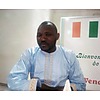

 Experts et parties prenantes du secteur de la pêche et de l’aquaculture en Afrique, participent depuis lundi 09 mars 2022 à Abidjan, à diverses réunions destinées dans le cadre du mécanisme africain de réforme de la pêche (AFRM) de l’Union africaine (UA).
Experts et parties prenantes du secteur de la pêche et de l’aquaculture en Afrique, participent depuis lundi 09 mars 2022 à Abidjan, à diverses réunions destinées dans le cadre du mécanisme africain de réforme de la pêche (AFRM) de l’Union africaine (UA)..JPG)